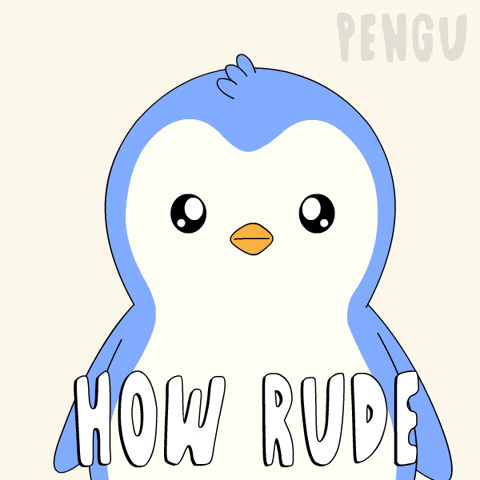What happens when bad behavior goes viral?
Plus, how chatting with bots affects our human interactions
BRAIN WAVES
Outrageous! The more we hear about bad behavior, the less it bothers us — at least when it comes to corporations. A forthcoming study found that when people read the same fictional headline over and over about a business with shady practices (like a popular beverage brand selling contaminated juice), their emotional response to the transgression dulled. Researchers had nearly 4,000 participants rate corporate transgressions they'd either heard about once or multiple times from different sources, measuring both their emotional reactions and their perceptions of how infamous the scandal had become. They found that the more people heard about the transgression, the less morally outraged they became. But when the researchers emphasized that millions of others were also reacting negatively, this created an “infamy effect”: despite the emotional numbing, people still thought poorly of the brand. This suggests that we might become morally desensitized to repeated wrongdoing unless we're constantly reminded that everyone else is still angry about it. As the researchers put it: “Our research deepens understanding of when, why, and how viral transgressions may impact public opinion and moral outrage.”
Oh, the humanity. The more we humanize our chatbots, the more we robotize our relationships. A study published in the Journal of Consumer Psychology found that interacting with emotionally intelligent AI can make people see other humans as less, well, human. Across five experiments, researchers exposed people to AI agents with varying levels of socio-emotional capabilities. Then they measured how the study subjects perceived and treated real people. Those who interacted with more emotionally capable AI were more likely to support harsh workplace practices against human employees and less willing to donate money to support workers' mental health. This suggests that as AI becomes more humanlike in its emotional responses, we might unconsciously lower our standards for how to treat other humans. Study author Hye-young Kim speculated why this might happen: “The more we perceive social and emotional capabilities in AI, the more likely we are to see real people as machine-like—less deserving of care and respect.”
Fear factor. Fear is a normal and healthy response to things that may harm us. But fear can also hold us back from doing the things we want to do. Listen to learn more.
ON THE HIDDEN BRAIN PODCAST
The Best Years of Your Life: Aging isn’t just a biological process. Our outlooks and emotions also change as we age, often in ways that boost our well-being.
ON THE MY UNSUNG HERO PODCAST
Surinder Gupta’s Story: In 1974, Surinder came out of a pharmacy to discover his car was gone. Not knowing anyone in town, he opened the phone book, and dialed a stranger with a familiar Indian last name. The man who answered went on to play a surprising role in his life.
Don’t forget to send us the story of your unsung hero! Record a voice memo on your phone and email it to myunsunghero@hiddenbrain.org.
HIDDEN BRAIN ON TOUR!
The Hidden Brain tour continues, but we will be wrapping up in just a few short months. Don’t miss your chance to get tickets! Join our host Shankar Vedantam as he brings seven key insights from the first decade of Hidden Brain to the stage. Our final stops:
MIND GAMES
The day before two days after the day before tomorrow is Saturday. What day is it today?
LAST WEEK’S PUZZLE
A petri dish hosts a healthy colony of bacteria. Once a minute every bacterium divides into two. The colony was founded by a single cell at noon. At exactly 12:43 (43 minutes later) the petri dish was half full. At what time will the dish be full?
The answer: The dish will be completely filled at 12:44.
A MOMENT OF JOY
Have an idea for Hidden Brain? A story you want to share with us? Send an email to ideas@hiddenbrain.org. Listen to us on Spotify, Apple, Amazon Music or your favorite podcast platform.


